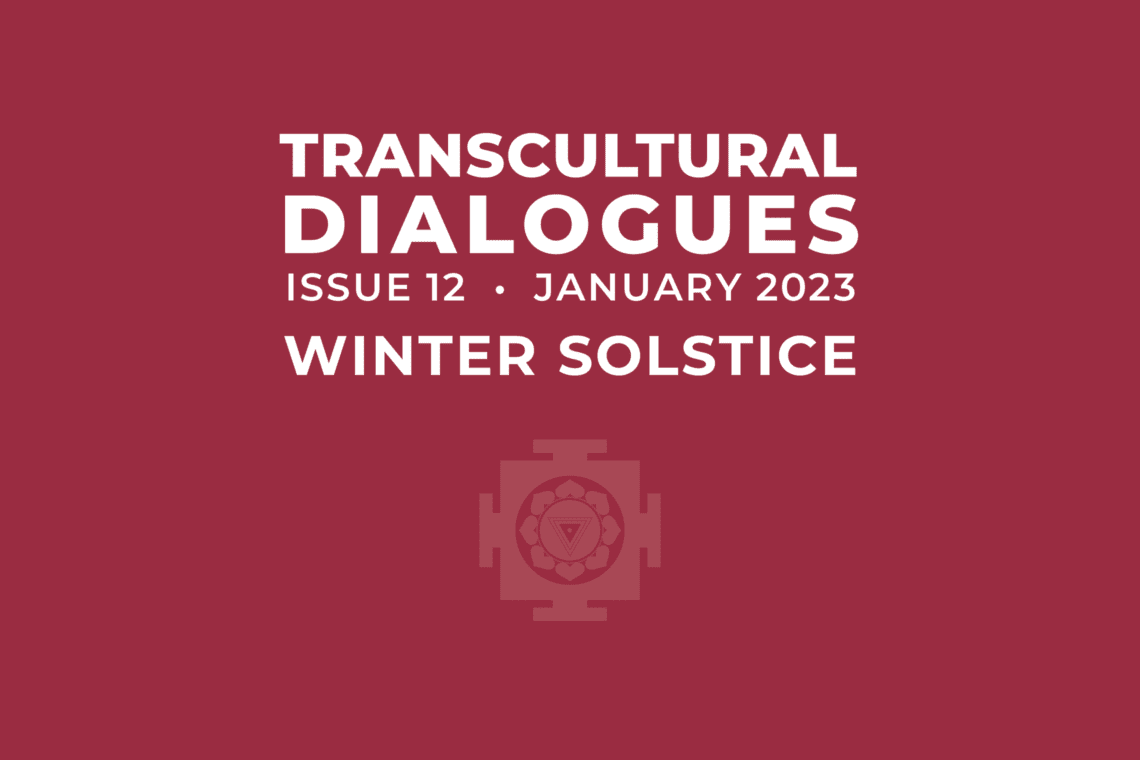
Index:
- » Adrián Navigante,
Director of Research and Intellectual Dialogue at Alain Daniélou Foundation
THE THREADS OF EROS: ALAIN DANIÉLOU’S ‘IMPURE’ METAPHYSICS
The question of Eros in Alain Daniélou’s thought has often been either rejected or banalized. From the point of view of a disembodied spirituality, it appears as a dangerous deviation from the goals to be pursued if human beings wish to accomplish their highest goal. From a modern and secular point of view, it is the result of a merely hedonistic motivation that does not go beyond the life of any individual. In this essay, Adrián Navigante tries to show quite another dimension of the question: Daniélou’s conception of Eros is closely related to his project of a new humanism and his conviction that there is a form of transcendence implying integration rather than separation, and enhancement rather than denial of life. In this sense, it is the main component of an ars vivendi (art of living) supported by creative and subtly elaborated insights on human beings and their relation to different reality planes of existence.
Read » - » Daniela Boccassini,
Professor and Associate Head of Italian Studies, University of British Columbia
THE INVISIBLE TEACHER AND HIS DISCIPLES: C. G. JUNG’S AND HENRY CORBIN’S APPROACHES TO “THE GREEN ONE”
Corbin met Jung at Ascona in 1949. In 1953 he published a long, insightful review of Jung’s Answer to Job. Yet, for all the respect, if not devotion, that Corbin expressed to Jung, and for all the sympathy that Jung showed Corbin, their relationship was never an easy one. Is there any textual ground that might allow us to see deeper, and more insightfully, into their differences and commonalities? Daniela Boccassini proposes to focus on the figure of al-Khidr, “the green and greening one,” as invisible teacher, as the awakener of both soul and text to their forgotten identity: a basic gnostic theme. A comparative reading of Jung’s and Corbin’s approaches to this figure may help us find their meeting place, at the confluence of the two seas.
Read » - » Alain Daniélou
ETHNOMUSICOLOGY
In this essay, first published in The Journal of the Madras Music Academy (Vol. XXVII, 1957), Alain Daniélou deals with different aspects of ethnomusicological research (focused on Indian music) and the complexity of contact between cultures. At the time of its publication, ethnomusicology was a discipline in statu nascendi with intrinsic problems not only of methodology, but also of conception. Daniélou’s text shows not only a critical attitude toward ethnomusicology’s ethnocentric bent at that time, but also toward an unprofessional fascination with the foreign which obliterates one’s own cultural values. His essay focuses on the need to differentiate and preserve the values of each culture in order to foster mutual enrichment.
Read » - » Adrian Harris,
Ecopsychologist, editor in chief of The European Journal of Ecopsychology
EMBODIED KNOWING, IMAGINATION AND NEW ANIMISM
In this essay, Adrian Harris proposes that the modernist worldview that we have inherited is deeply flawed, and that animism offers a more sustainable way of being for the present time, one which is deeply relational and embodied, one which engenders a deep respect for the other-than-human world. This embodied way of knowing is nurtured by relational imagination. The exploration of these ideas is carried out through the lens of contemporary Western animist spirituality.
Read »
Share this page

